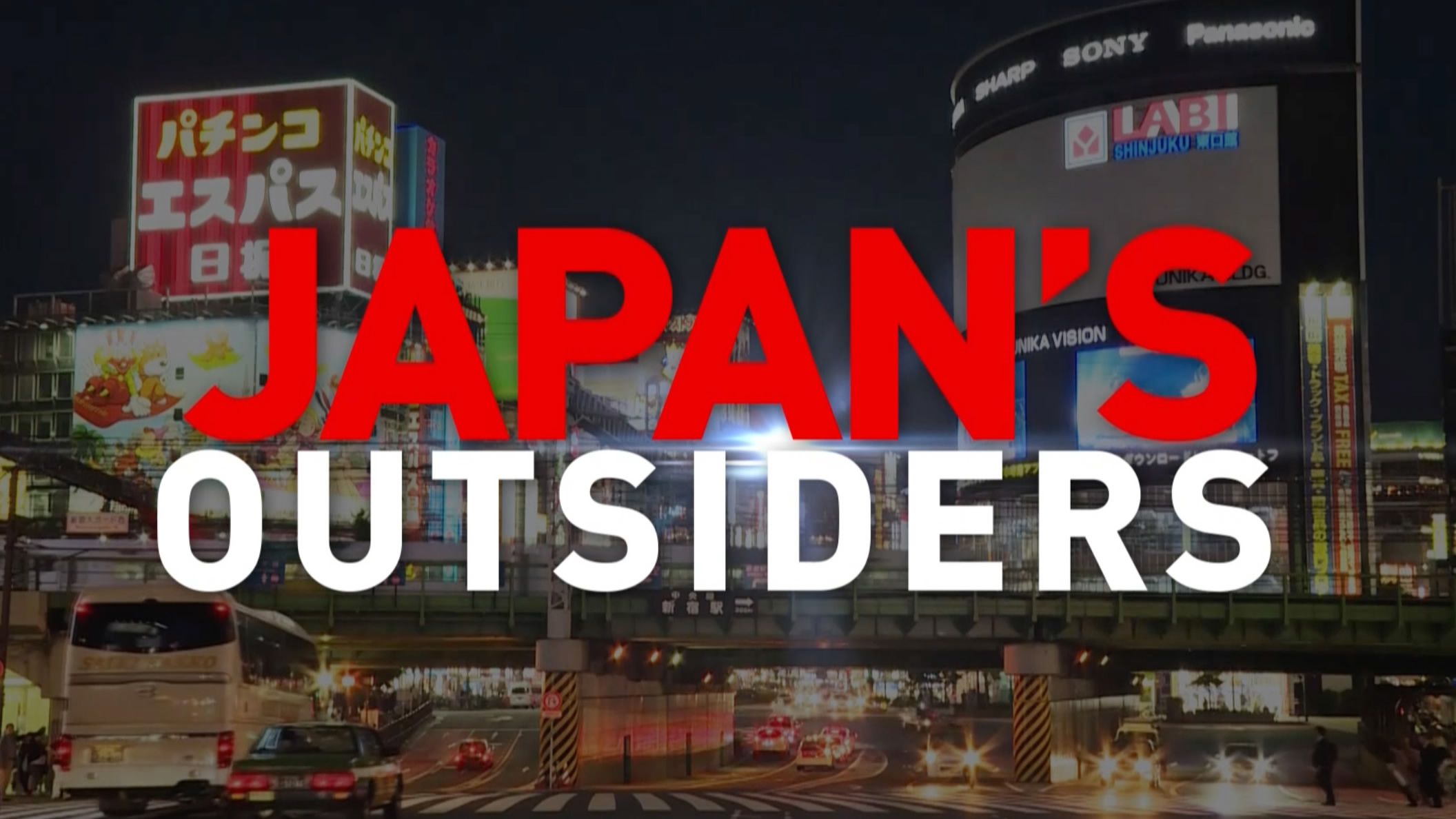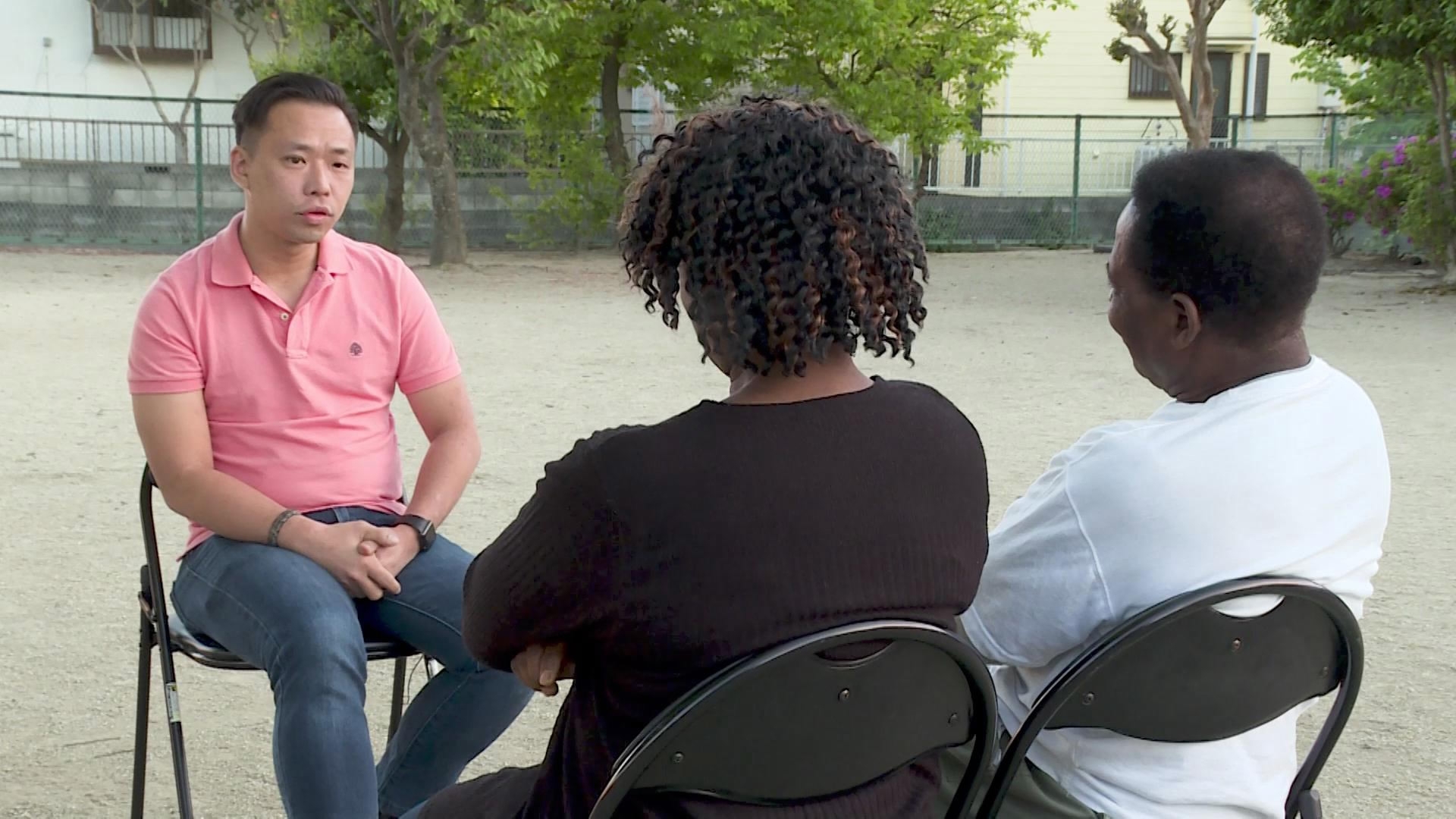
Culture
12:15, 15-Jan-2018
The life of an ‘outsider’ in Japan
By Assignment Asia

With a rapidly aging population and a shrinking workforce, Japan has opened its doors to more foreigners in recent years, yet many nonnative people living in the country say integrating with the largely homogeneous society remains a challenge.
Even mixed-race citizens - locally known as “hafu” - can find it hard to fit in.
Saiko Carreon, a half-Japanese who grew up in the Philippines, recalls being bullied when she was in school.
“It was so hard to communicate with them. Even if I wanted to, I didn’t know how,” Saiko, who moved to Japan when she was 11, told CGTN’s Assignment Asia, “I didn’t believe they’d accept me, especially because I was a foreigner.”
Even though she’s half-Japanese by blood, Saiko says she was treated differently because she was born elsewhere. For instance, servers in the school canteen would give her less food than they would to Japanese children.
“I felt like a second-class citizen,” she says. “It got to a point where I just stopped going to school… I didn’t have anyone to talk to about my problems, so I hurt myself with a blade. It was my outlet.”
Saiko moved back to the Philippines in her junior year, and returned to Japan only years later when she found a job. She says she still has difficulty interacting with the Japanese, even though hafu like her have gained a more acceptance in recent years.
For those without Japanese blood, the difficulties can be far greater.

These Ghanaians have been living in Japan since the 1990s and hope to be granted permanent residency.
These Ghanaians have been living in Japan since the 1990s and hope to be granted permanent residency.
Hope (not her real name) is the daughter of two Ghanaians who arrived in Japan in the early 1990s to try their luck at finding jobs. They have not left since.
Despite being born and raised in Japan, Hope is undocumented like both her parents. It’s a struggle for the 14-year-old who has never known life outside Japan and does not speak any language other than Japanese.
“I was born in Japan. I don’t understand Ghana’s language. I want to live as a Japanese person,” says Hope.
Lacking residency and the right to work, Hope’s parents are jobless. They now live in a church office, surviving on handouts.
“What we want the government to do for us is to give us visas so that we can work and then take care of the child,” Hope’s mother says.
“Right now we don’t have a future. We don’t have any future,” she added.
Hope’s parents are banking on her basketball talent to legitimize their family’s stay in Japan. Hope is the captain of her school's women's basketball team, and they believe she has a good chance of getting permanent residency if she becomes part of Japan's national team.
But even that does not mean Hope’s parents would be given the same legal status.
“The Japanese view on immigration hasn’t changed,” says Ippei Torii of the Solidarity Network with Migrants Japan.
“What has kept happening are cases similar to that of a Filipino girl who was granted residency, but whose parents were ordered to leave. The government isn’t considering the right of families to remain together at all.”
Gaining permanent residency in Japan is tough: One has to have lived in the country for at least 10 continuous years, of which five should have been spent on a work visa or other resident visa. Another option, which many regard as the easiest, is to get married to a Japanese citizen or permanent resident.
“There’s a disconnect between government policy and what the country’s economy needs,” said Takaaki Abe, an immigration consultant in Tokyo. “There are small and medium enterprises that want foreigners for their freight and manufacturing services, but those jobs are not eligible for work visas.”
For some experts, the larger problem lies in social attitudes towards foreigners, which are harder and could take generations to change. Foreigners make up only two percent of Japan’s current population.
In a 2017 survey by Japan’s justice ministry, 30 percent of foreign respondents said they have received derogatory remarks because of their ethnicity, while 40 percent experienced being denied housing because they’re foreigners.
“Japanese people are not programmed to be receptive to diversity and other cultures,” says Abe.
“It’s not that they don’t want them to come.”

SITEMAP
Copyright © 2018 CGTN. Beijing ICP prepared NO.16065310-3
Copyright © 2018 CGTN. Beijing ICP prepared NO.16065310-3